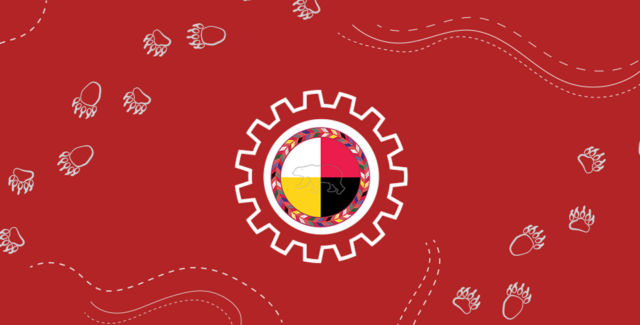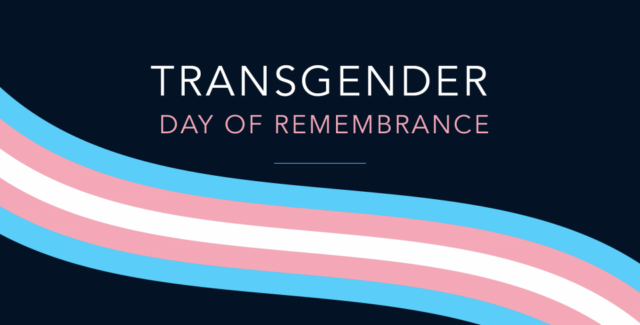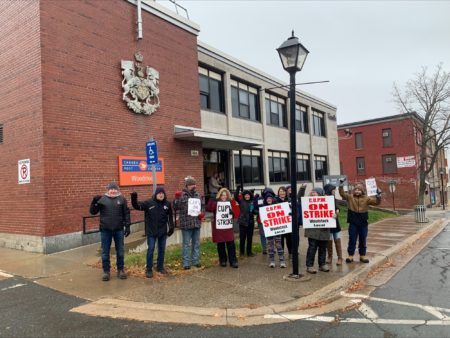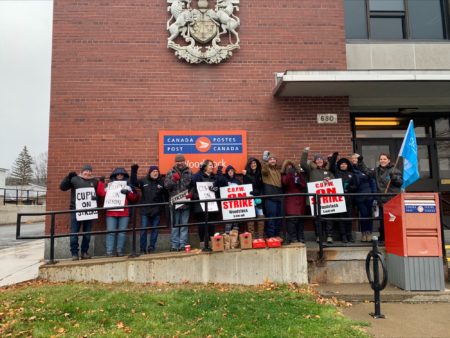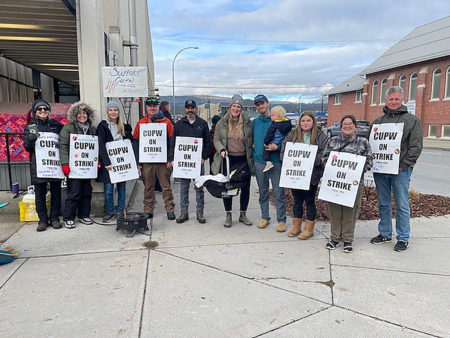Following CIU’s letter to Dominic LeBlanc regarding the need for the government to expand the role of border officers between ports of entry, New Democratic Party MPs Brian Masse (NDP Canada-US Border Critic) and Alistair MacGregor (NDP Public Safety Critic) expressed support for the idea and for the Customs and Immigration Union and its members, in a letter to CIU National President Mark Weber. In the letter, they also highlight the need for increased staffing, enhanced resources and better training, and denounce the recent reduction in hours of service at more than a quarter of CBSA land ports of entry.
Read their letter, below.
Dear Mr. Weber,
We are writing to you on behalf of the New Democratic Party (NDP) in light of the recent call by United States President-elect, Donald Trump, for tighter security measures at the Canada-United States border. As you know, New Democrats have worked tirelessly over the years in Parliament to advocate for increased staffing, enhanced resources, and better training for the members of the Customs Immigration Union (CIU). We have been consistently critical of the cuts made a decade ago by the Harper Conservatives and have repeatedly called on the Trudeau Liberals to reinstate the necessary border officers and ensure staffing levels meet our country’s security needs.
Additionally, we have actively advocated for increased training for border officers and the establishment of a new training facility in Windsor, Ontario. Now, more than ever, it is essential that the government take immediate action to hire the necessary 2,000-3,000 border officers. If the government is serious about addressing border security, the most effective way to demonstrate that commitment is through a significant increase in staffing. In October 2024, NDP Leader Jagmeet Singh announced our plan to immediately rehire the 1,100 border officers cut by the former Conservative government, with additional officers to follow.
The NDP is also committed to listening to Canada’s frontline border officers and ensuring the adequate staffing needed to maintain effective service at all ports of entry. We recognize that on November 18, 2024, Canada Border Services Agency (CBSA) announced a reduction in service hours at more than a quarter of its land ports of entry, to align with the operational hours of U.S. border crossings. However, we firmly believe that cutting service hours is not the solution. Instead, the focus must be on hiring and training more CBSA officers to ensure that all ports remain adequately staffed.
Furthermore, we want to express the NDP’s full support for the repeal of the 1932 Order in Council, which assigned policing duties between border crossings to the Royal Canadian Mounted Police (RCMP) instead of to frontline CBSA officers. If the government is serious about border security, they know that our CBSA officers are best positioned to intercept contraband such as illegal firearms and combat human smuggling. The only barrier preventing our officers from carrying out this critical work is the outdated 1932 Order in Council. It is time for this statute to be repealed and for CBSA officers to take on their rightful role.
It is also time to hire more officers, establish a new training facility, and ensure that our frontline officers are no longer overburdened. By taking these steps, we can strengthen border security, support the dedicated officers working on the frontlines, and ensure that Canada’s border protection is as secure as it needs to be.
The NDP remains committed to securing Canada’s borders through long-term, thoughtful investments in our border services. As always, we will work alongside the Customs Immigration Union and all stakeholders to ensure a safe and sustainable future for our border security.
Thank you for your continued advocacy on behalf of frontline workers. We look forward to working together on these critical issues in the near future.
Sincerely,
Alistair MacGregor MP
NDP Public Safety Critic
Brian Masse MP
NDP Canada-US Border Critic
Click here for the original PDF version.


